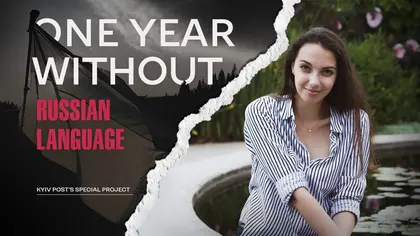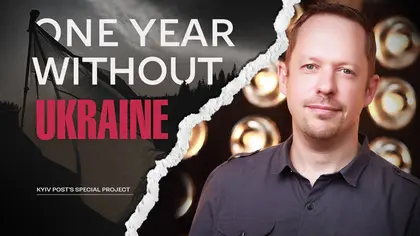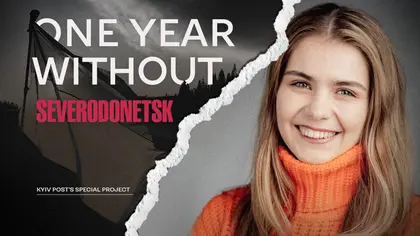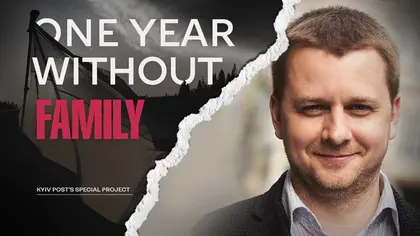Today is the one-year anniversary of Russia’s brutal, unprovoked, full-scale invasion of Ukraine. To mark the occasion, Kyiv Post has collected 17 stories to try and convey the breadth and scale of the loss caused to Ukrainians caused by the Kremlin’s aggression.
JOIN US ON TELEGRAM
Follow our coverage of the war on the @Kyivpost_official.
At the risk of sounding ridiculously privileged, I must admit that the very start of the full-scale Russian attack on Ukraine at least brought some clarity. After months of the "will-he-won't-he" debacle, especially tangible here on the American shore, the definite and resolute nature of evil unleashed on Ukraine was standing in plain sight.
For the first time in many years, the world saw live coverage of a small, brave, and noble nation defending itself against a massive evil toilet-bowl looting horde. The two sides - good and bad - were as distinct as day and night.
It was the year without people in our lives. Both Ukrainian cemeteries and borders saw families separated. With so many families losing loved ones, both on the battlefield and due to relentless attacks on civilians, it seems too obvious to mention.
But there's also another kind of loss that has gone untallied. There are no casualty tolls on how many families got estranged in the past year. Some relatives of Ukrainians believe the Russian narrative and some refuse to stray away from supporting Ukraine - cue irreconcilable differences.
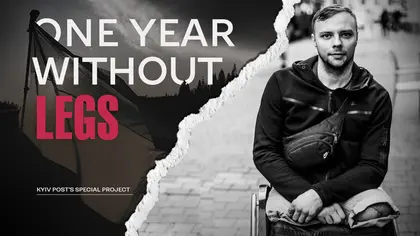
One Year Without Legs
It’s especially poignant for bilingual families who have (or used to have) relatives in post-Soviet countries, including Russia. Recently I wrote how families like mine served as a decoy for Russia to invade Ukraine. Our dual heritage and bilingualism might have made us prone to the "maybe it's not that straightforward" way of thinking, but after the beginning of the war, the shades faded to more or less black and white.
Sometimes, I think of it as a natural way for traumatized souls to protect themselves in a changing world. With so many things spinning at once, sticking to one side and believing it without question protects us mentally and spiritually. I would not hide that the heinous genocidal actions the Russian army has committed in Ukraine, along with consistent truth manipulation of the Russian propaganda machine, caused my deep aversion to the Russian language. The sense of disgust is almost physical.
As a bilingual, growing up speaking Russian, I always felt like some part of me was rooted in a soil that wasn't necessarily mine but still somehow nutritious. On Feb. 24, those roots of mine plucked themselves out of that soil, disgustingly shivered, and started sprouting as far away from my Russian heritage as possible.
With the "good" side and "bad" side so clearly distinguishable, it's easy to pick one side and stick to it. Whilst some might say that black-and-white thinking leads to disastrous narrow-mindedness, refusing the Russian language and not allowing it to take up my mental space now seems like a healthy deliberate refusal of something ultimately soul-destructive.
You can also highlight the text and press Ctrl + Enter


